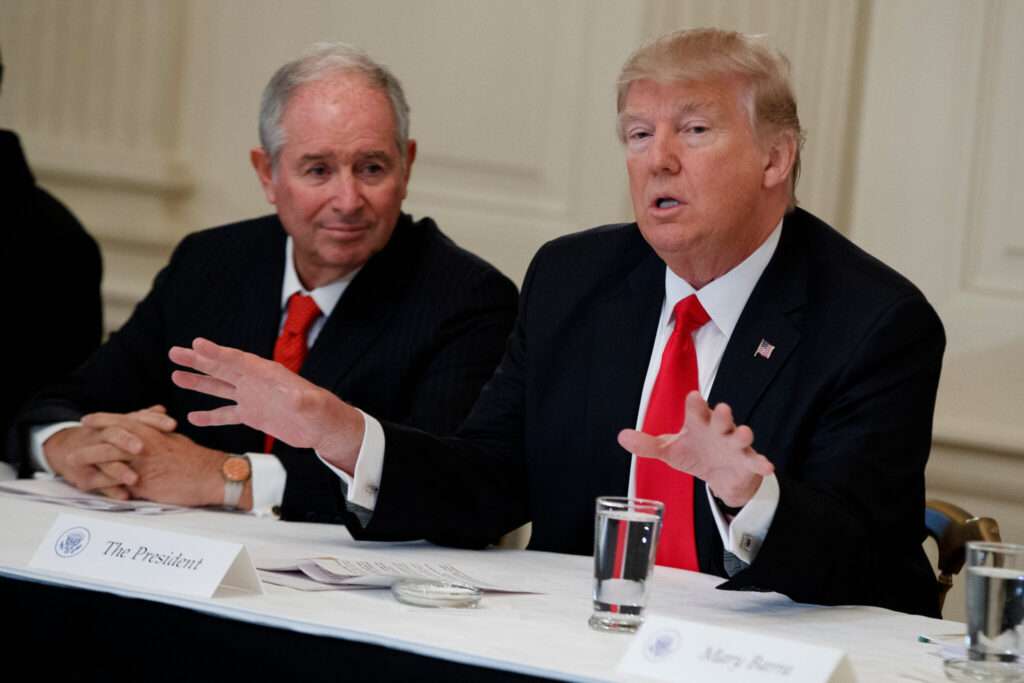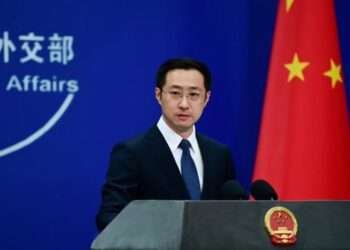Keir Starmer has been advised to avoid “cosying up to the White House” as a new poll reveals that nearly two-thirds of Labour voters prefer closer economic and security ties with Europe over aligning with Donald Trump’s administration.
The poll, conducted by Savanta and commissioned by the Liberal Democrats, highlights that 67% of Labour voters are “worried” about Trump’s impact on the UK, pressuring Starmer to expedite UK-EU relations as the world anticipates Trump’s return to power.
The same survey shows that 64% of Labour supporters from the previous general election favor enhanced “economic and security ties with Europe,” given Trump’s imminent presidency. The Prime Minister, who vowed to repair the UK’s strained relationship with the EU for “generations to come,” now faces criticism over the slow progress of these negotiations.
Concerns over Nigel Farage’s close relationship with Trump are also prevalent, with 47% of voters fearing it may undermine national interests. This concern rises to 61% among Labour voters, indicating a strong preference for reinforcing EU connections rather than aligning with Trump’s policies.
Calum Miller, the Liberal Democrat foreign affairs spokesperson, emphasized, “We all know what Donald Trump’s leadership looked like last time: inconstant, unreliable, occasionally menacing.” He added, “It’s no wonder voters are worried about how he’ll impact our national security – not to mention their pockets.“
Miller insists that the Labour government must “accelerate talks with Europe” to protect the economy and national security. This sentiment is echoed by Naomi Smith, CEO of Best for Britain, who underscored the necessity of aligning with Europe to foster economic growth.
Smith noted, “The Labour government’s number one mission is to deliver economic growth, and beneficial alignment with our largest trading partner in the EU is crucial to achieving that goal.”
She highlighted the challenges British businesses face due to Brexit-related complications, arguing for a closer EU trading relationship to alleviate these issues.
Molly Scott Cato, an economics professor and vice-chair of European Movement UK, stressed the geopolitical imperatives of renewing EU ties. She remarked, “With Putin on the doorstep of Europe and Trump’s threat to withdraw from NATO, we need to stay close to our geographic and cultural neighbours and friends.“

Economic Imperatives and Strategic Alliances
Cato also criticized potential appeasement of Trump’s administration, suggesting that Starmer’s alignment with the US could be “economically misguided” due to the larger impact of trade with the EU compared to potential US tariffs.
Naomi Smith further stressed, “British businesses, particularly our SMEs [small and medium-sized enterprises], are being held back by Brexit red tape and consumers are paying the price with higher prices and less choice.” This indicates a broad consensus on the need for pragmatic economic policies that address the post-Brexit realities.
Savanta’s poll, conducted between January 10-12, interviewed 2,205 UK adults. It revealed a consistent preference among voters for closer ties with the EU, not just from Labour supporters but across various demographics, even in traditionally Leave-voting regions.
The findings present a clear message: Labour voters overwhelmingly support stronger ties with Europe to safeguard the UK’s economic and security interests in light of Trump’s return. Starmer is now urged to heed this call and prioritize the UK’s European alliances to navigate the upcoming challenges effectively.
READ ALSO: Cudjoe Demands Clarity on Mahama’s Private Jet Trip























